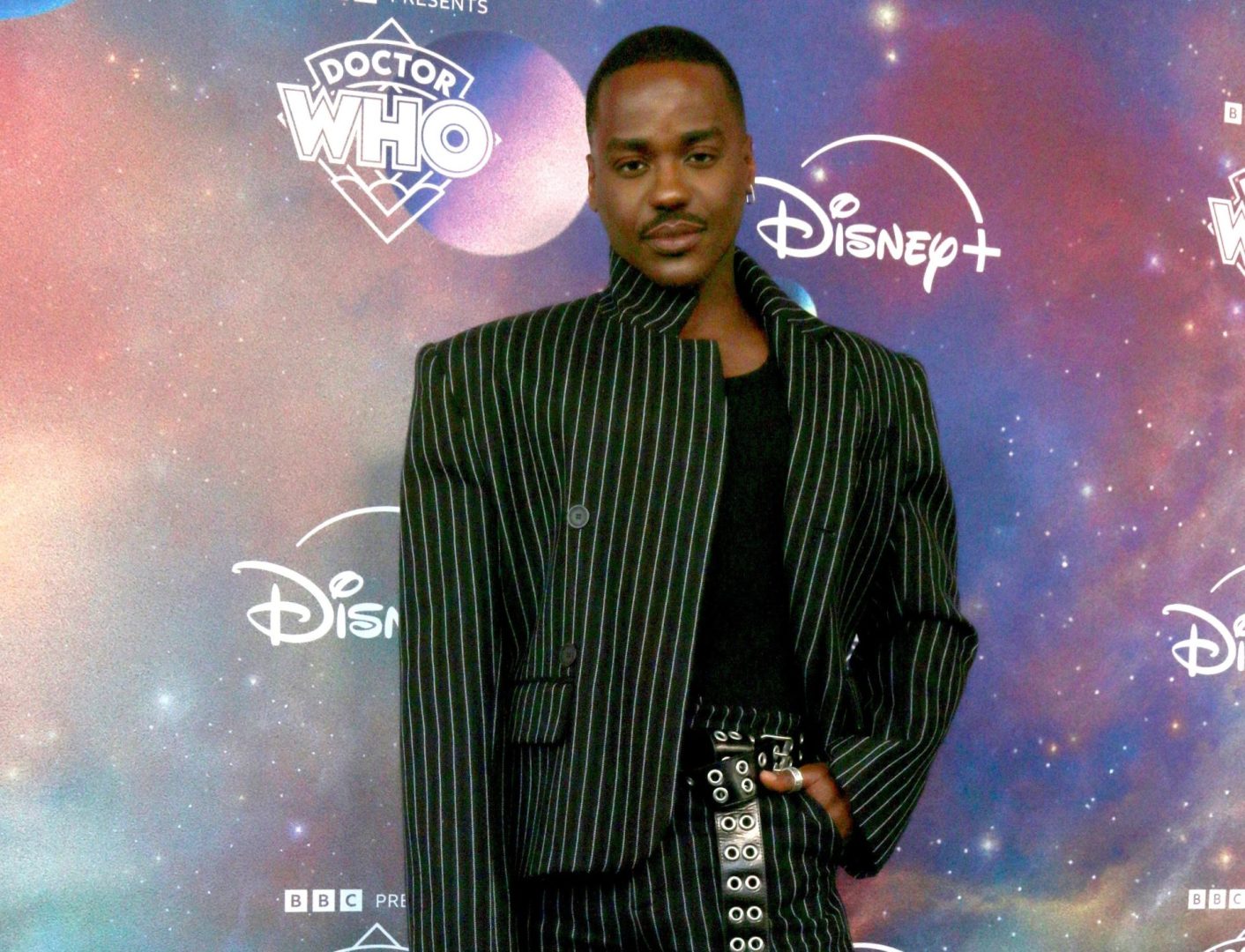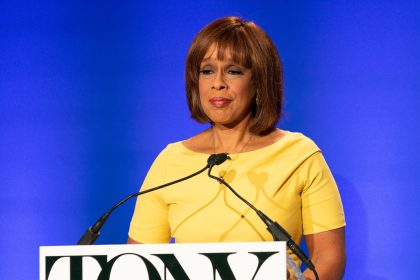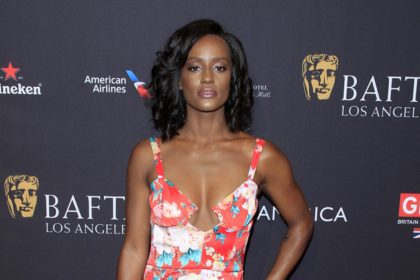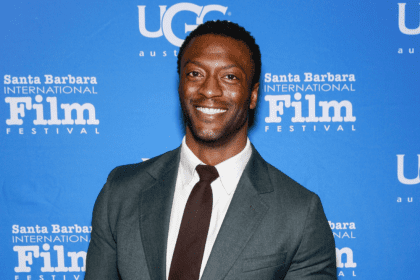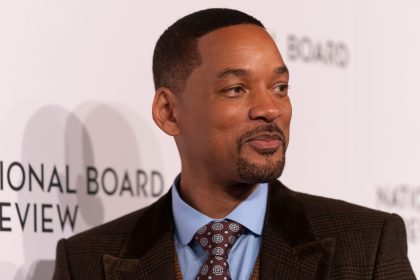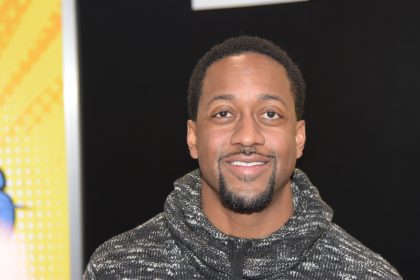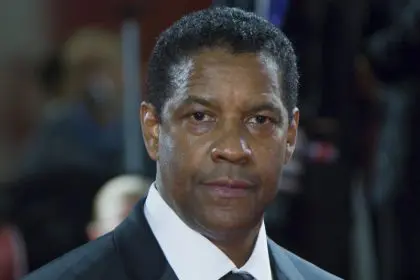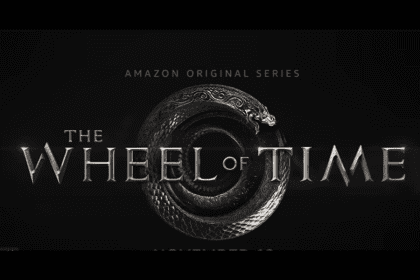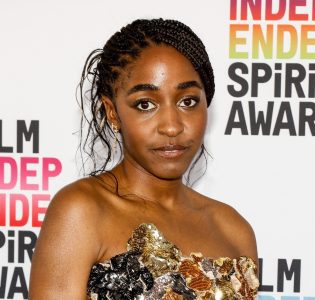The Doctor Who universe experienced seismic shifts over the weekend as Ncuti Gatwa’s tenure as the 15th Doctor concluded with a surprise regeneration that saw Billie Piper apparently stepping into the iconic role. The unexpected development gives Gatwa one of the shortest runs in the character’s six-decade history, leaving fans both shocked and wondering what might have been with more time to explore his interpretation.
Gatwa’s brief but impactful era brought unprecedented representation and emotional depth to the Time Lord character, establishing new ground for the series while grappling with modern television’s complex landscape. His departure after just 19 episodes represents a significant shift for a show attempting to balance tradition with contemporary streaming demands.
Groundbreaking representation reshapes iconic character
As the first Black actor to lead Doctor Who, Gatwa brought fresh perspectives to storylines that thoughtfully addressed historical contexts where his race would significantly impact the narrative. Episodes set in the segregated American South and Lagos, Nigeria, explored how the Doctor’s appearance influenced his reception in different time periods and cultures.
The series sensitively handled these historical encounters, particularly in episodes like Lux, where the Doctor faced rejection due to racial prejudice, contrasted with stories set in Nigeria where he expressed feeling genuinely welcomed. This approach demonstrated sophisticated storytelling that acknowledged real-world complexities while maintaining the show’s adventurous spirit.
Gatwa’s portrayal also broke new ground in explicitly presenting the Doctor as queer, developing romantic connections with characters like Jonathan Groff’s Rogue in ways that previous iterations had only suggested or handled obliquely. This representation marked a significant evolution for a character whose romantic relationships had often remained ambiguous or understated.
Emotional depth defines distinctive interpretation
Gatwa’s Doctor distinguished himself through openly displaying emotions, particularly crying, in ways that previous incarnations had rarely demonstrated. This emotional availability created more human connections but occasionally risked undermining the character’s alien mystique and inherent danger that has traditionally defined the Time Lord.
The actor’s willingness to show vulnerability provided powerful moments, such as his howl of despair when facing racist rejection in Dot and Bubble, but the frequency of emotional displays sometimes diminished their impact. Critics noted that seeing the Doctor cry over briefly introduced characters like Sasha 55 in The Robot Revolution felt less meaningful than moments of genuine loss.
The balance between emotional accessibility and maintaining the Doctor’s otherworldly authority proved challenging, as the character’s effectiveness often depends on audiences recognizing both their humanity and their potential for dangerous omnipotence when circumstances require decisive action.
Modern production challenges constrain storytelling
The current eight-episode season format creates significant pacing issues that limited opportunities to fully develop Gatwa’s interpretation of the character. With opening and closing episodes typically dedicated to season-long story arcs, only five episodes remained for character development and standalone adventures.
This condensed format leaves little room for the traditional mix of experimental episodes, character-focused stories, and epic adventures that previously allowed audiences to understand each Doctor’s unique personality. The shortened seasons make every episode crucial, meaning that single unsuccessful installments represent substantial portions of each Doctor’s tenure.
The pressure to deliver both accessible content for new viewers while satisfying longtime fans creates additional constraints, as showrunner Russell T Davies attempted to balance soft reboots with nostalgic references that required extensive background knowledge to fully appreciate.
Streaming era complications affect creative decisions
Doctor Who faces unique challenges competing in modern television landscapes where adult audiences compare it directly with sophisticated productions like Andor or The Last of Us. The series must simultaneously serve streaming audiences expecting complex narratives while maintaining its traditional role as family-friendly Saturday evening broadcast television.
The show’s partnership with Disney+ for international distribution created opportunities for broader reach but also imposed expectations for content that could attract global streaming audiences accustomed to high-production-value genre programming with mature themes and storytelling approaches.
These competing demands influence creative decisions about tone, content, and presentation that affect how each Doctor’s era develops and what stories can be effectively told within the available episode count and budget constraints.
Limited screen time restricts character exploration
Gatwa appeared in only 19 episodes during his tenure, with several of those featuring minimal screen time or sharing focus with other characters. Episodes like 73 Yards, Dot and Bubble, and Lucky Day barely featured the Doctor, while The Giggle required sharing scenes and even costumes with David Tennant’s returning Doctor.
This limited exposure prevented audiences from fully understanding Gatwa’s interpretation of the character through the traditional range of situations that typically define each Doctor’s personality. The abbreviated run meant fewer opportunities for the character development that usually occurs through varied adventures across different genres and time periods.
The truncated tenure also meant that Gatwa became the first Doctor since Paul McGann not to encounter the Daleks, the series’ most iconic villains. This absence represents a significant gap in the traditional Doctor Who experience that helps establish each new incarnation’s approach to the show’s mythology.
Cultural impact despite brief duration
Despite his short tenure, Gatwa’s representation as the first Black Doctor created significant cultural impact that extends beyond the episodes themselves. His casting represented meaningful progress in British television representation while opening conversations about diversity in genre television and iconic character roles.
The actor’s background in Sex Education brought contemporary sensibilities and comfort with exploring sexuality and identity that influenced how his Doctor approached relationships and personal connections. His ability to portray both joy and vulnerability added dimensions to the character that resonated with modern audiences.
Gatwa’s portrayal incorporated contemporary language and behaviors, including phrases like “babes” and scenarios involving clubbing and dance numbers, that reflected current youth culture while maintaining the Doctor’s timeless qualities and moral compass.
Production decisions shape narrative opportunities
Russell T Davies’ return as showrunner created expectations for recapturing the success of previous eras while introducing fresh elements for new audiences. The decision to include anniversary specials with returning actors before launching Gatwa’s era may have overshadowed his introduction and reduced focus on establishing his unique interpretation.
The choice to reference previous decades of Doctor Who continuity through returning companions and obscure villains potentially alienated new viewers that the Disney+ partnership was meant to attract. These creative decisions reflected tensions between serving longtime fans and creating accessible entry points for unfamiliar audiences.
Budget constraints and production schedules also influenced storytelling possibilities, affecting the types of adventures that could be depicted and the scope of threats that the Doctor could face during his abbreviated tenure.
Fan reception reflects mixed expectations
Audience responses to Gatwa’s era demonstrated the challenges facing modern Doctor Who, with some praising his emotional depth and representation while others questioning whether sufficient time existed to properly establish his version of the character. The surprise regeneration generated significant discussion about creative decisions and series direction.
The brief tenure sparked debates about whether the current production model allows adequate time for Doctor development, with many fans expressing disappointment about losing Gatwa’s interpretation before it could fully mature through extended adventures and character growth.
Social media reactions reflected both excitement about Billie Piper’s apparent return and concern about the rapid pace of change that prevents audiences from forming lasting connections with new Doctors before regenerations occur.
Legacy considerations for future productions
Gatwa’s abbreviated run raises questions about how future Doctors will be developed within current production constraints and whether the eight-episode format provides sufficient time for character establishment and audience connection. His departure may influence discussions about season length and story distribution.
The representation milestones achieved during his tenure establish precedents for future casting and storytelling approaches that address diversity and inclusion in ways that previous eras handled less directly. His impact on the show’s cultural significance extends beyond episode count.
The circumstances of his exit and the surprise nature of the regeneration may influence how future departures are handled and whether similar shocking transitions become recurring elements in the show’s evolution.
Ncuti Gatwa’s brief but significant tenure as the 15th Doctor demonstrates both the potential for meaningful representation in iconic roles and the challenges facing modern television production in balancing creative ambitions with practical constraints, leaving audiences to wonder what extended adventures with his interpretation might have achieved.

